 mourning doves in a live oak tree mourning doves in a live oak tree Families are created in many ways, and all of them are perfectly acceptable. While parts of our society seem stuck on the archaic and unrealistic notion that families should be one man and one woman married for their entire lives plus their biological children, most of us acknowledge families often don’t look like that. Divorce, death, remarriage, partnering, fostering and adoption all create novel family units. Yet despite the fact that most people know as many families that don’t fit the traditional notions as those who do, people often feel a need to be nosy and ask questions that are really none of their business. Such questions are invasive and generally shouldn’t be asked. If someone you meet volunteers information about their family structure and how it was created, then it’s obvious they are ok with talking about the subject, and it’s ok to ask reasonable questions. However, if they don’t bring it up, then it’s not fair game. I’ve seen this with regard to families I know with non-heterosexual parents. When a lesbian couple announces one of them is pregnant, it’s pretty obvious that the conception didn’t happen in the “old fashioned” married heterosexual couple way. However, it’s no one’s business but theirs where they got the sperm from. Furthermore, despite what the legal paperwork may say in some states, they are both the mom regardless of who carried the child. I know one lesbian couple where each gestated one of their two children, but I can never remember which mom carried which child. And you know what? It doesn’t matter. They are both the moms. They both love and care for their kids, and that’s all that matters. The same is true when it comes to adoption. In cases of interracial adoption, it’s sometimes quite obvious that the child isn’t the biological offspring of the parents, and yet it’s irrelevant. Unless they bring up the topic, it’s completely inappropriate to ask where or how they “got” their child. In my own case, I found an enormous number of people, especially complete strangers, considered the topic of my twins’ conception to be a suitable topic for public conversation. Most people presume that twins are a result of fertility treatments, and they crudely ask if the twins are natural. All children are natural regardless of how they are conceived. If I was in an ornery mood when people would ask if the twins were a result of IVF or Clomid, I would reply no, that my then-husband and I just had too much sex. That usually shut them up pretty quickly, possibly because they began to realize other people’s sex lives really are none of their business. I also had quite a few people make completely inappropriate remarks about my subsequent pregnancy after my twins. One person blatantly said to me, “Oops!” when I announced my pregnancy. Um, no. It was a planned pregnancy, and regardless if it was or wasn’t, that’s no one’s business but mine and my partner’s. Another person asked, “But why? You’ve already got one of each.” This is another foot-in-mouth comment not only because it ignores my deceased daughter in the equation, but it also functions on an erroneous presumption that the perfect family consists of one male and one female child. All of this applies to families without children as well. It's nobody's business but theirs if and when couples decide to have children. People should not expect couples to have children at any given point. If couples or even individuals choose to do so, great. If not, then that's often a decision they've made with great thought, and it's the right decision for them. If it was a decision made because of infertility and not by choice, then the couple definitely doesn't need the pressure of others asking, "So when are you going to have a baby?" Once again, if, how and when a family decides to conceive is not a question that should be broached. When someone joyfully announces they are pregnant, the best response is, “I’m happy for you” or “Congratulations!” When someone introduces you to their children, the best comments are along the lines of “What a beautiful family.” There’s no need to comment on who looks like whom or to ask how the family is formed. If a couple doesn't have children, that doesn't make them any less of a family. Just presume the family exists because of love, and that’s all the information you need. © 2014 Green Heart Guidance I don’t wear makeup. I experimented briefly with it in junior high and then only wore it a handful of times in high school for dances. I couldn’t see the point. It was fragrant, it took time to apply, and it took even more precious time to remove before bed when I really just wanted to collapse. A few women I knew tried to convince me that I had to wear makeup to my first wedding 20+ years ago, yet amazingly the ceremony successfully happened with me in my unadorned face. I’ve generally gone by the motto that if my eyelids were meant to be purple, they would have been painted that way in the first place.
I also don’t dye my hair despite having gotten my first gray hair at 28. While it can be hard to tell that in some pictures, in person there is no doubt that a large percentage of my hairs have gone gray now at age 40. Part of the reason I don't dye my hair is due to chemical sensitivity: I wouldn’t be able to tolerate chemical hair coloring if I wanted to, and most of the more natural hair colorings still have some questionable ingredients in them, too. However, a large part of it has to do with my comfort with who I am. So my hair is graying. That’s life. It means I’m getting older, and I’ve earned every one of those gray hairs along the way! I actually like the way they look on me. I really appreciate when people, especially celebrities, help spread the message that women should be happy with what they look like. Colbie Caillat’s recent song and accompanying video for “Try” are amazing examples of encouraging acceptance of one’s true self. The song correctly states, “Why should you care, what they think of you/ When you're all alone, by yourself/ Do you like you?” That is the fundamental truth. No amount of makeup will be able to change your self-esteem if you don’t love who you are. I take issue, though, with an article by Elle magazine about this video. In the article, the author says that they talk to Caillat about “why all women hate the way they look in photographs” [original emphasis]. First of all, that’s not true. Many women may hate the way they look in photographs, but all women do not. Second, the photographer in me wants to advise that if people don’t like the way they look in photos, aside from working on their self-esteem, those people also need to hire a great photographer to get some professional shots taken of themselves to help them see how beautiful they can be even without Photoshopping. I agree that when I see crappy phone photos of myself taken from unflattering angles, I cringe. That’s not how I want to believe others physically see me. However, I’ve taken many self-portraits of myself that I love. A good photographer with the proper equipment can do wonders for photography fears! Aside from the issues around photography, many men and women in our society need to reprogram their thoughts about beauty. Women (and all people, really) are beautiful in their natural state. They don’t need makeup or hair coloring. If they like wearing those things, then great. They should do what they enjoy. However, our society should not be dominated by a multi-billion dollar self-improvement industry that tries to convince women that they can feel better about themselves through products they purchase. True beauty and happiness don’t come from the cosmetics counter. They come from within. © 2014 Green Heart Guidance 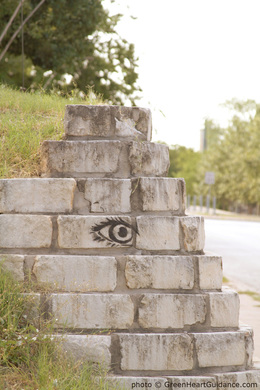 a wall adorned with art in east Austin a wall adorned with art in east Austin I often mention that I work with my spirit guides, but I haven’t really talked about who and what they are. Spirit guides are those on the other side who watch over us and guide us through life whether we know they are there or not. Most of us have a primary spirit guide, someone who is with us all of our life. My primary spirit guide is an ancient female energy who identifies as a Native American from what is now the southwestern U.S. We then have other spirit guides who are part of our support team. They may come and go throughout our lives. Some may be deceased relatives whom we knew in this life or a previous one, and others have no relation whatsoever. I have several other spirit guides who are part of my team who check in with me from time to time. The closest Christian parallel to our primary spirit guides would be our guardian angel, though in my cosmic view, guides and angels are different. In my understanding, angels are spiritual beings who have never been incarnate; guides are individuals who have been human in the past at some point but have died and live on the other side. In Christian terms, the other side is heaven. The rest of one’s spirit guide team could be viewed as the saints whom Catholics often petition for assistance. They are holy people who can help us from the other side. Keep in mind that all saints aren’t perfect. The Catholic Church has canonized some folks who have sketchy pasts! However, they are individuals who have worked for positive change in our world. One of the things that has been part of my spiritual development is discovering who on the other side is there to help me and who has a personal agenda. It’s a process of discernment. Sometimes it’s easy to tell that you are dealing with a very holy guide. My primary guide is one such person. I received a message for a client whose primary spirit guide was an amazing, serene, powerful soul. He described himself as the old man on the mountain or as a beautifully wrinkled Native American elder. It is always an honor to be in the presence of energies like these. Other guides are not so blessed and elevated. I’ve had deceased biological relatives show up to guide me from their place of bias and confusion. I refused their help. I had a guide show up whom I eventually figured out was a man I was partnered with in three previous lives. He was a toxic soul who had plenty of issues and quite a bit of anger at me. Needless to say, I declined his help as well and was grateful when he realized the situation was hopeless and reincarnated in an attempt to anger me. (It failed.) And then there are the guys who claim they want to help me as guides but who are really just not aware that they are dead. What they really are after are sexual partners. Yes, they can be that confused that they don’t understand that a carnal relationship between living and dead people just isn’t going to work out! These misguided “guides” usually have an energy of a swift-talking guy in a bar. I very quickly send them on their way, too. As you attempt to meet your own spirit guides, be aware that everyone you meet on your journey may not be the holiest of people. Just because they are souls rather than humans, they haven’t necessarily entered a state of perfection. Keep a clear sense of judgment about you. If something feels wrong, it probably is. When you find your true guides, you will be able to feel their love and help. They want nothing but the best for you. © 2014 Green Heart Guidance  Such a seemingly simple question can strike terror in the hearts of bereaved parents. It’s not really all that simple for them to answer. They are faced with only a few options, and none of them are perfect. The first is to say, “My child just died” or “I have three living children and one who is deceased.” This is a great way to end a conversation most of the time. Many people in our society are scared of death in general and more than terrified about the deaths of children. They’d rather not acknowledge such things happen. So if a parent answers in this way, the parent likely will create a great deal of discomfort in a social situation. The unease that it can create is harsh and palpable. The second option is to simply not count the deceased child and answer, “I have three children.” However, for the bereaved parent, this can be an emotionally difficult answer. It feels as though the parent is discounting the child who has died, something no parent ever wants to do to any of their children. While it’s easier in a social situation to answer this way, it just plain feels wrong, at least to me and many other bereaved parents. I tend to take the third option: I usually state, “I have three living children.” For me, this statement acknowledges my deceased child albeit in a passive way. People who are in tune with what I am saying are aware of the fact that I have a child who is no longer living. Those who are oblivious miss what I have truly said and the awkward discomfort in the first option is avoided. Similar questions and comments that are just as hard are “Is s/he your first?” or “How lucky you have one of each sex.” It really depends on the situation as to how I answer such question. When I was pregnant with my twins, I never said that they were my first; I always responded that I had a little girl who died previously. When someone commented about me having one of each sex, I usually spoke up to say that they had an older sister, and sometimes I would acknowledge that she was no longer living. I’m really not sure what the best way to respond when someone says to you, “I have three living children and one who is deceased.” Most people’s responses are “I’m sorry for your loss.” That’s sometimes a difficult response to receive because you as a bereaved parent know the other person feels like s/he’s opened in a messy topic. However, you also know that it’s not their fault that your child died and so “I’m sorry” feels a little odd. I usually respond, “Thank you” and change the topic. However, “I’m sorry” is a far better response than the stunned silence that some people respond with. The most meaningful response for me comes from the parents who do truly understand and can respond, “I lost my daughter, too.” I’ve had some amazing conversations with strangers who have also lost children, struggled with infertility, or had other parallel struggles. While not everyone can respond that way, it’s how I respond when someone says something to me about having lost a child. © 2014 Green Heart Guidance  Gladiola are believed to raise one's spiritual energy. Gladiola are believed to raise one's spiritual energy. After my ex-husband and I separated, many people nosily asked me, “Who had the affair?” The answer was neither of us. In my former marriage, Lyme was the unwanted third partner who took the cracks in our relationship and broke them wide open. All chronic and/or acute diseases like late disseminated Lyme greatly affect the personal relationships the patients have with those around them, sometimes for better and not infrequently for worse. One of the first things that our marriage therapist made us to come to terms with is the fact that I am not the disease I have. Though it seems like an incredibly simple idea, it was a hard concept to implement at first for both my ex and me. I hadn’t realized how much we both had integrated Lyme into my identity. Once we both grasped that concept, it became easier to release some of the blame that belonged on the disease, not on each other. In digital Lyme groups that I am a member of, I frequently see the term “Lymies” to refer to those suffering from Lyme disease. It makes me cringe every time. Calling those who have Lyme by the name Lymies equates them with their disease. The idea of “people first” language is not a new one; I remember studying it in a special education class in college in 1992. The premise is simple: When referring to a person with a disability or disease, refer to the person first and their disability or disease second. The man with visual impairment rather than the blind man. The person with Lyme rather than the Lymie. The woman who has schizophrenia rather than the schizophrenic. The person comes before their disease as the person is not their disease, and the person is more important than the disease. While it might make a sentence wordier, that extra bulk is well worth preserving the individuals’ identity over their disabilities and diseases. It is vitally important not to identify as the condition you are fighting. It’s equally important not to call it “your” disease. Once you taken on that disease as part of your identity, it becomes much easier to lose yourself to the disease. If you make the disease an integral part of who you are, then that makes it even harder to heal because you would be losing part of your identity in regaining your health. Identifying yourself as your disease holds you back from being all you can be. © 2014 Green Heart Guidance |
Elizabeth Galen, Ph.D.
Holistic Life Coach and Categories
All
Archives
January 2023
|
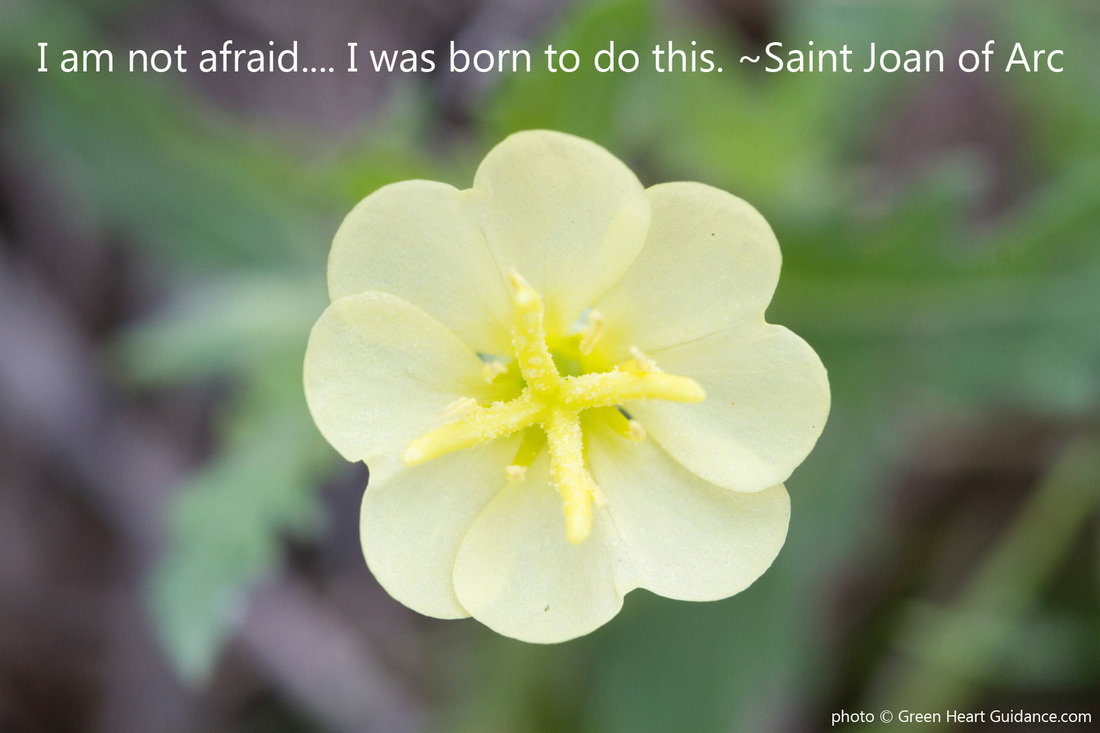
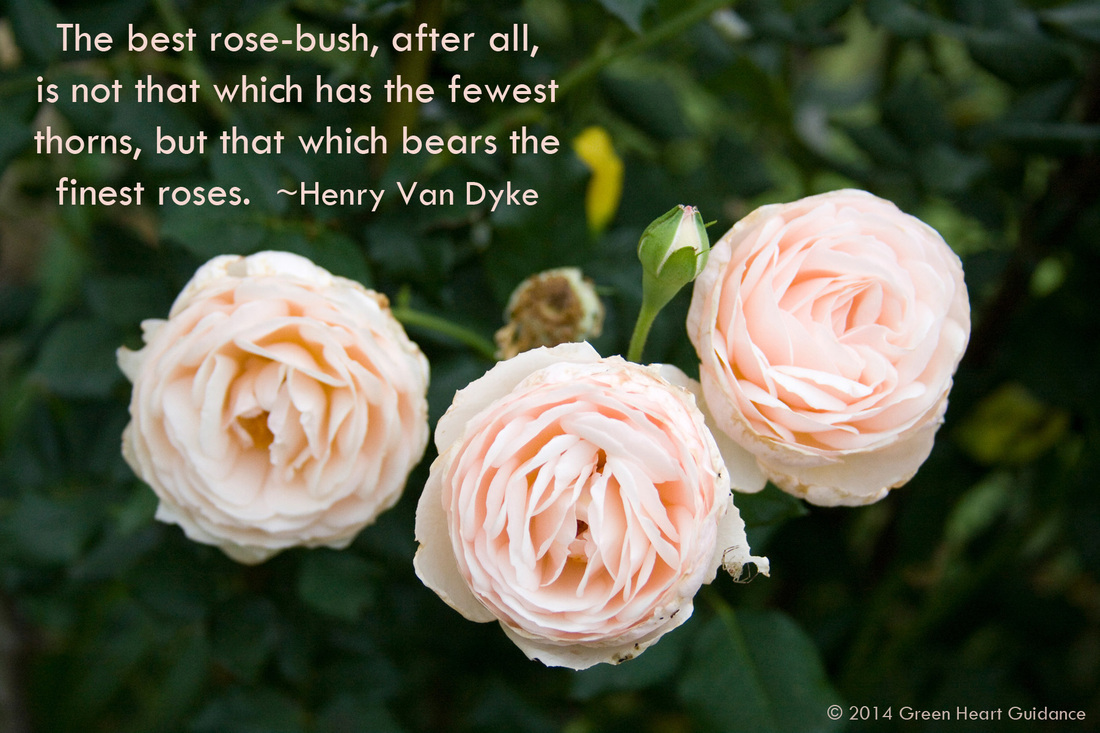
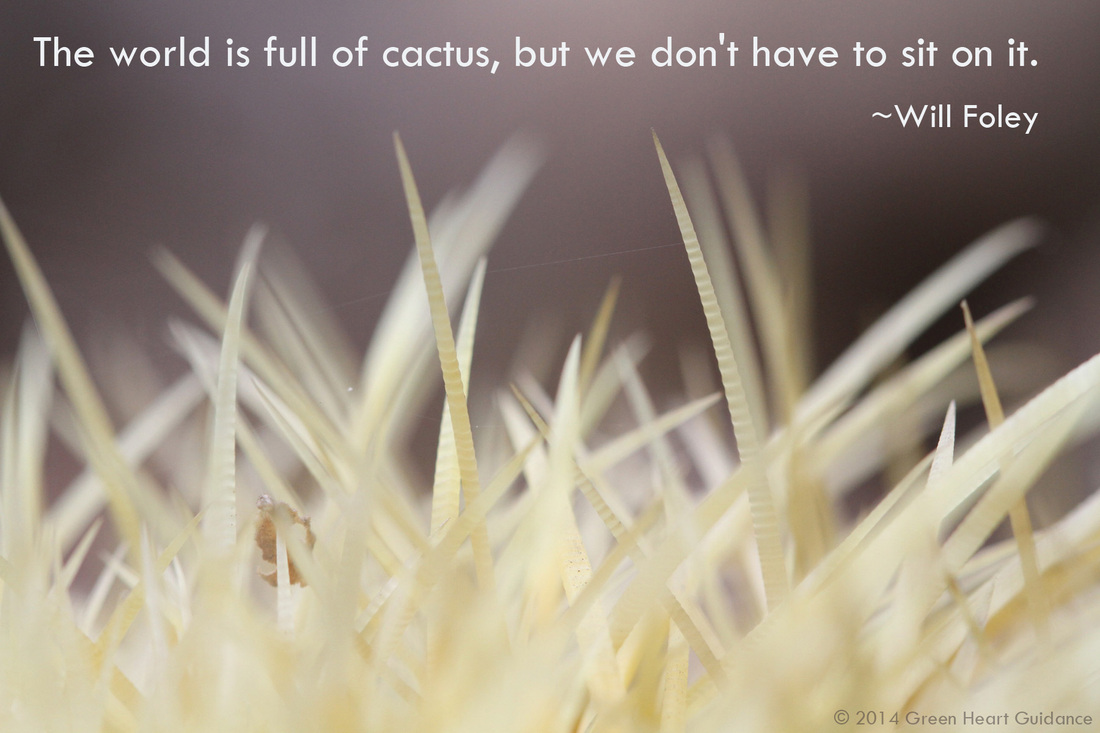
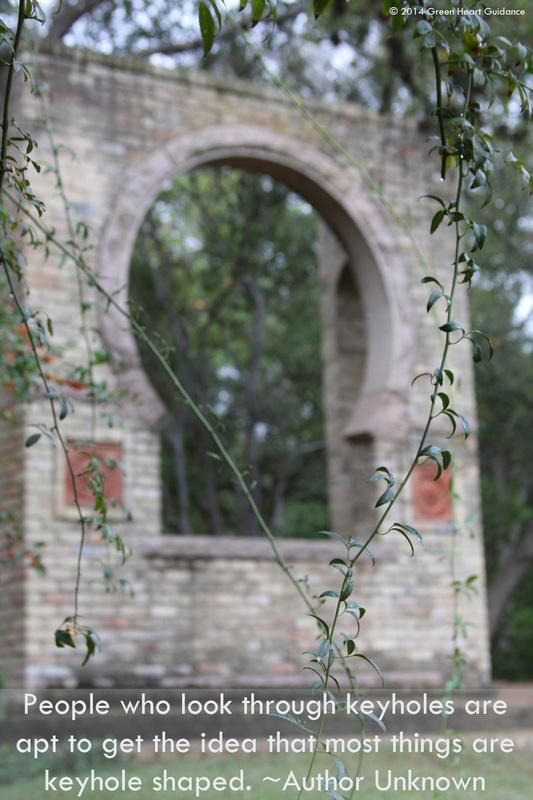

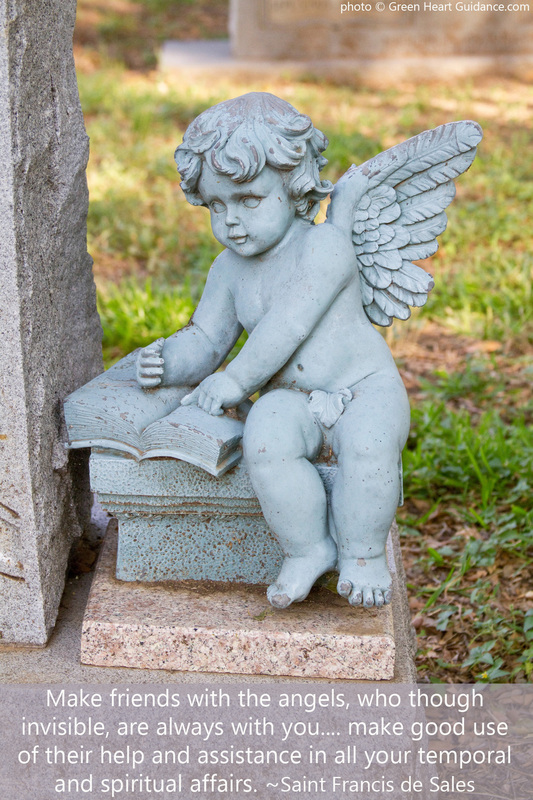
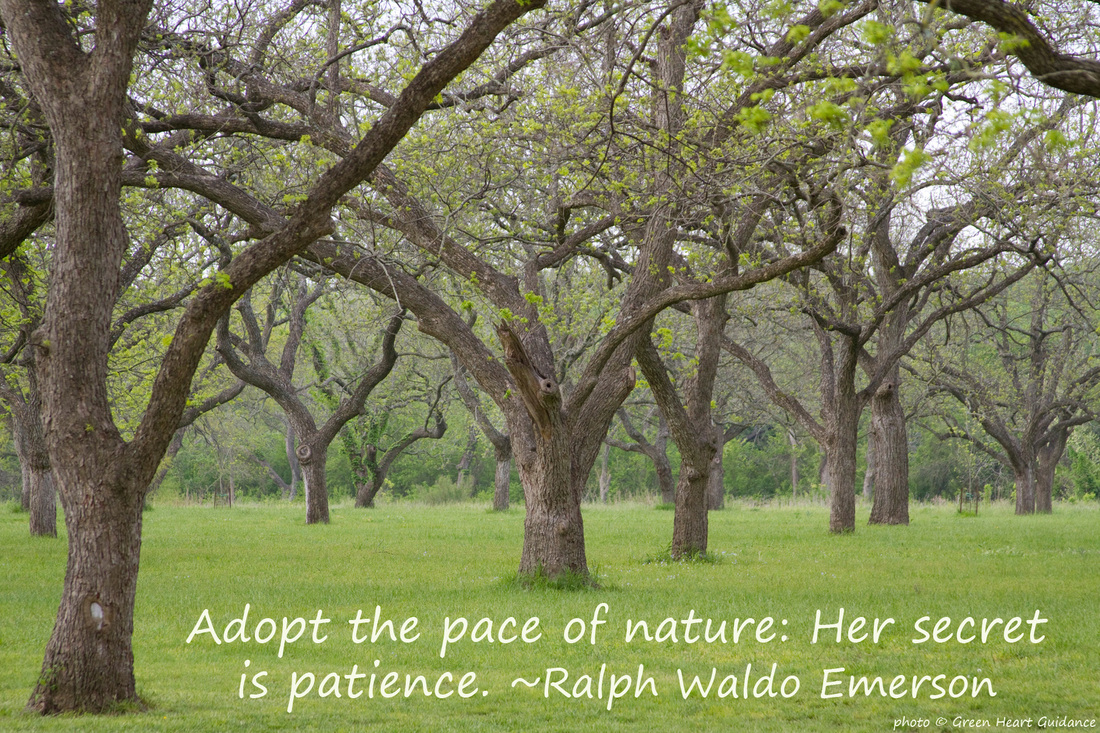
 RSS Feed
RSS Feed